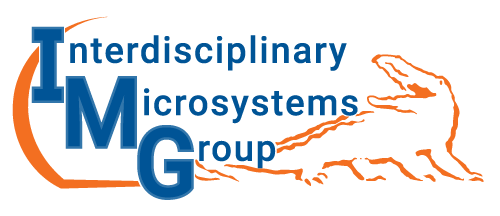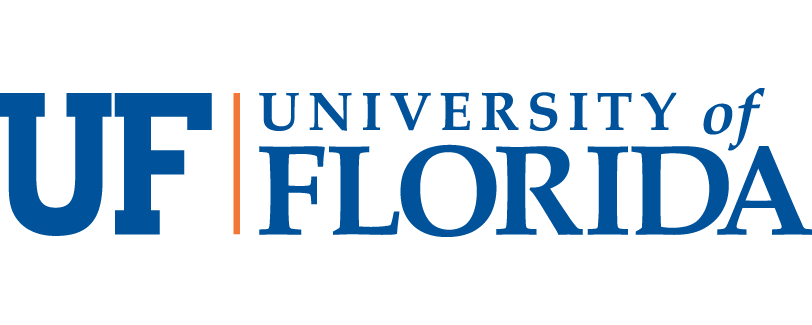ECE Seminar Series
Programmable Self-assembly for Heterogeneous Integration of Microsystems
Dr. Karl Böhringer, Professor
University of Washington
March 3, 2011
11:45 am - 12:45 pm
Larsen 234
Abstract
Self-assembly is the spontaneous and reversible organization of components into ordered structures, representing an alternative to the conventional manufacture of systems made of components from milli to nano scales. First commercial applications of self-assembly have appeared in recent years, for example in the fabrication of radio frequency identification tags. However, the full impact of this new approach towards hetero system integration will only be realized once self-assembly can be programmed on demand. This presentation gives an overview of several projects that aim at programmable self-assembly. A key concept is the “programmable surface” – an interface whose properties can be controlled with high spatial and temporal resolution. Several crucial topics are discussed: real time control of interfacial properties; optimization of binding site designs; and algorithms for the modeling and control of self-assembly. Promising novel manufacturing methods are emerging that combine the precision and reproducibility of semiconductor fabrication with the scalability and parallelism of stochastic self-assembly and with the specificity and programmability of biochemical processes.
Biography
Karl Böhringer is Professor of Electrical Engineering and Bioengineering at the University of Washington, Seattle. He received both his M.S. and Ph.D. degrees in Computer Science from Cornell University and his Diplom-Informatiker degree from the University of Karlsruhe, Germany. He was a visiting scholar at the Stanford Robotics Lab and Transducer Lab and a postdoctoral researcher at the University of California, Berkeley, before joining the faculty at the University
of Washington.
His current interests include micromanipulation and microassembly, as well as biomedical implants and bioMEMS for single-cell genomics and proteomics. He received an NSF postdoctoral associateship in 1997, an NSF CAREER award in 1999, and was an NSF New Century Scholar in 2000. His work was featured among the Top 100 Science Stories in Discover Magazine's 2002 "Year in Science". In 2004, he received the IEEE Robotics and Automation Society Academic Early Career Award and a sabbatical fellowship from the Japan Society for the Promotion of Science (JSPS). Since 2010, he holds the John M. Fluke Distinguished Chair of Engineering at the University of Washington.

